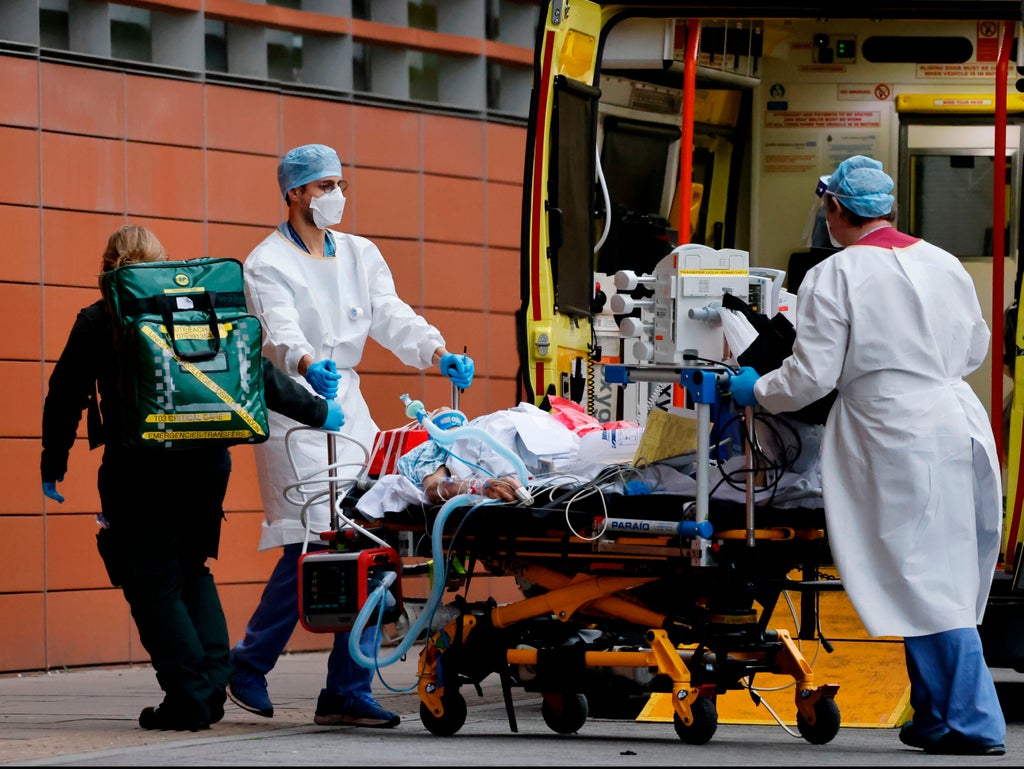Half of patients hospitalised with Covid have symptoms two years later, study shows

Half of people hospitalised with Covid-19 have at least one symptom two years after first being infected, according to new research.
The study followed 1,192 participants in China who became infected with the virus during the first phase of the pandemic in 2020, all of whom were treated at Jin Yin-tan Hospital in Wuhan between 7 January and 29 May.
The health of the participants was then evaluated at six months, 12 months and two years after their initial discharge from hospital.
Assessments involved a six-minute walking test, laboratory tests, and questionnaires on symptoms, mental health, health-related quality of life, whether or not they had returned to work, and healthcare use after discharge.
Six months after initially falling ill, 777 out of 1,149 participants (68 per cent) reported at least one long-Covid symptom. By the two-year mark, this had fallen to 55 per cent.
Fatigue and muscle weakness were the most commonly reported symptoms over the two years. Regardless of the severity of their initial illness, 89 per cent of participants had returned to work within 24 months.
“Our findings indicate that for a certain proportion of hospitalised Covid-19 survivors, while they may have cleared the initial infection, more than two years is needed to recover fully,” said lead author Professor Bin Cao.
“There is a clear need to provide continued support to a significant proportion of people who’ve had Covid-19, and to understand how vaccines, emerging treatments and variants affect long-term health outcomes.”
Comparisons were drawn between the study participants and a separate group of 1,127 people without long-term Covid symptoms.
Two years after initially falling ill, Covid survivors are generally in poorer health than the rest of the population, with 31 per cent reporting fatigue or muscle weakness and 31 per cent reporting sleep difficulties.
The proportion of non-Covid participants reporting these symptoms was 5 per cent (55/1,127) and 14 per cent respectively.
World news in pictures
Show all 50
Around half of study participants had symptoms of long Covid at two years, and reported lower quality of life than those without the condition. In mental health questionnaires, 35 per cent reported pain or discomfort and 19 per cent reported anxiety or depression.
Prof Cao said it was “essential” to continuing following up Covid-19 survivors to better “understand the longer course of the illness”.
The study comes after new estimates from the Office for National Statistics showed that long Covid is limiting the ability of 1.2 million people in the UK to undertake day-to-day activities.
That figure represents 67 per cent of the 1.8 million long-Covid cases in the country, where people have symptoms persisting for more than four weeks after first catching the virus.
One in five sufferers said that their daily activities were particularly badly affected, with 346,000 people saying they were “limited a lot”.
For all the latest Science News Click Here
For the latest news and updates, follow us on Google News.

